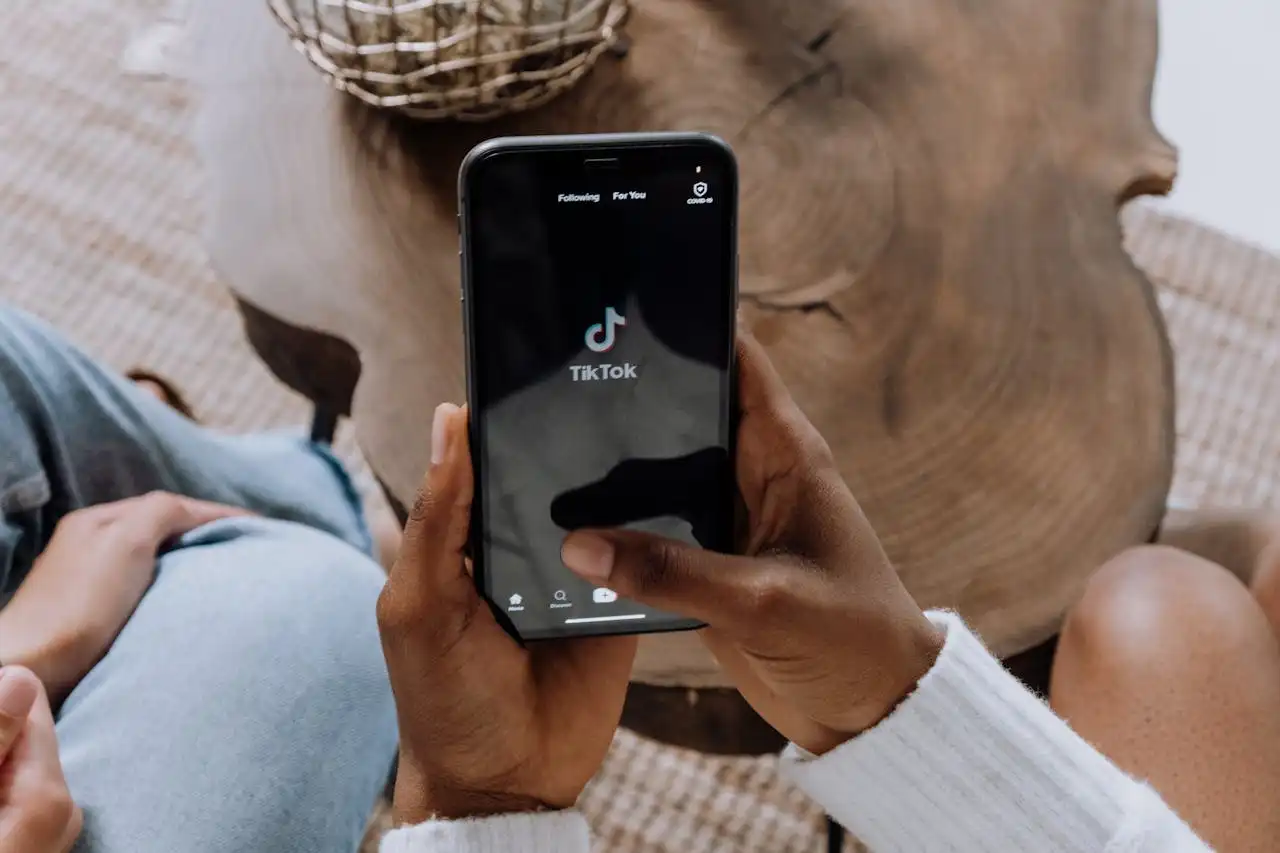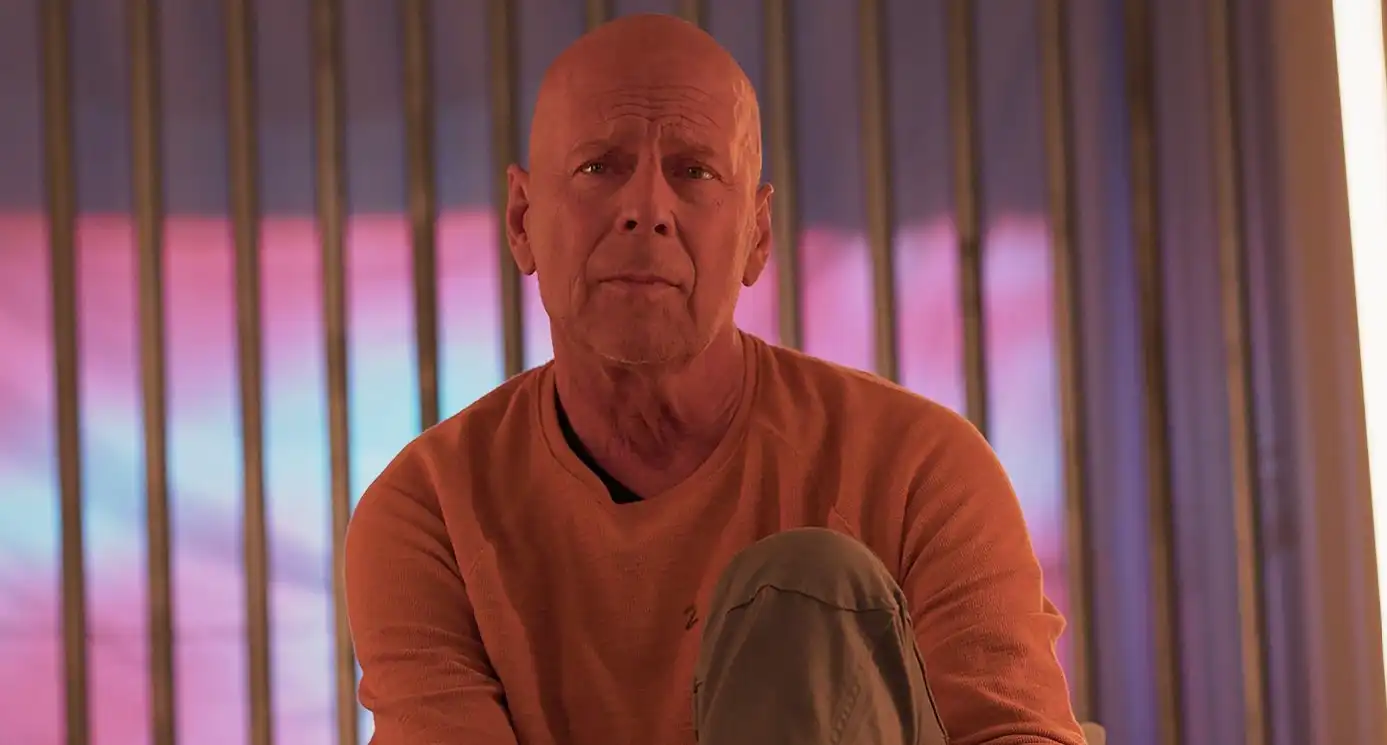The TikTok Brain Drain: Is Your Scroll Habit Making You Foggy?
Muhe - Wednesday, 20 August 2025 | 07:00 PM (WIB)


The Brain's Secret Network Under Siege
Scientists, those clever souls, have been poking around inside our skulls (metaphorically speaking, thankfully!) to figure out what happens when we mainline short videos. What they’ve found is pretty eye-opening. Turns out, frequent consumption of these rapid-fire clips messes with something called the brain’s Default Mode Network, or DMN. Think of the DMN as your brain’s "autopilot" or its quiet contemplation zone. It’s what lights up when you’re not actively focusing on a task – when you’re daydreaming, reflecting, planning for the future, or just letting your mind wander. It's crucial for things like self-awareness, empathy, and even long-term memory formation. Essentially, it’s where your brain goes to process, synthesize, and just *be*.But here’s the kicker: research shows that the DMN, particularly a spot within it called the medial prefrontal cortex (mPFC), shows *increased* connectivity when we’re deep in the short-video rabbit hole. Now, on the surface, "increased connectivity" might sound like a good thing, right? Like your brain is getting super-connected! But in this context, it’s actually linked to some rather un-fun outcomes. We’re talking about that frustrating feeling of "brain fog," where your thoughts feel like they’re wading through molasses. Concentration? Fuggedaboutit. It gets harder to focus on anything that requires sustained attention. And executive functions – those super important skills like planning your day, staying on task, or juggling multiple responsibilities – take a hit. Ever felt like your brain's just... soup? This might be why.The Dopamine Rollercoaster: A Hook You Can't Unsee
So, why are these platforms so darn hard to put down? The answer, as always, lies in our brain’s sophisticated (and sometimes easily manipulated) reward system. Short videos are masters of the dopamine dump. Every swipe, every new clip, delivers a tiny hit of dopamine – that feel-good chemical that makes us seek out more. It’s like a digital sugar rush, constantly craving the next sweet morsel. This creates an incredibly addictive reward loop: watch, get a dopamine hit, scroll for another, get another hit, repeat ad infinitum. Our brains are, quite literally, being rewired to constantly seek out new, immediate stimuli.This endless chase for the next dopamine hit has some serious consequences for our attention spans. Think about it: when your brain is used to receiving new, exciting content every few seconds, how well do you think it can cope with something that requires sustained focus? Reading a book? Engaging in a deep conversation? Working on a complex project? Suddenly, these activities feel like pulling teeth. Our brains, trained by the rapid-fire nature of short videos, become impatient, easily bored, and constantly on the lookout for the next burst of novelty.Beyond the Screen: Mental Health and Real-World Connections
And the impact doesn't stop at brain fog and attention deficit. This habit can snowball into more serious mental health concerns. The constant scrolling can lead to comparison culture, where everyone else's highlight reel makes your own life seem dull or inadequate. This can fuel feelings of anxiety and even depression. Plus, the sheer amount of time spent engaging with screens means less time for real-world interactions, physical activity, and hobbies that genuinely nourish your soul. We’re trading deep, meaningful engagement for shallow, fleeting entertainment.Breaking the Cycle: It's Not About Throwing Your Phone Into a Volcano
So, what’s a modern human to do? It's not about ditching your phone and living off-grid (though, full disclosure, some days that sounds pretty appealing). It’s about balance and conscious consumption. Here are a few pointers to help you reclaim your brain:- Set Screen Time Limits: Most phones have built-in features that let you set daily limits for specific apps. Use them! Treat them like a bouncer for your brain.
- Engage in Alternative Activities: Dust off that book you’ve been meaning to read. Go for a walk. Call a friend (gasp, on the phone!). Pick up a hobby that requires your hands and your full attention.
- Practice Mindfulness: Take a few deep breaths before you open that app. Ask yourself, "Why am I picking up my phone right now? What am I hoping to get from this?" Sometimes just that pause is enough to break the spell.
- Create "No Phone" Zones: The dinner table, the bedroom before bed, your morning coffee routine. These are sacred spaces for real life.
- Curate Your Feed: Unfollow accounts that don’t bring you joy or provide value. Make your feed a place that inspires, rather than drains, you.

Sabrina Carpenter: The Unseen Layers Beneath the Pop Princess Crown
6 months ago

Avril Lavigne Back in the Limelight: High-Profile Collaborations, World Tours, and Conspiracy Rumors
6 months ago

Taylor Swift Breaks Instagram Record on Engagement Post
6 months ago

Anne Hathaway in the Spotlight During the Filming of The Devil Wears Prada 2
6 months ago

Bruce Willis and His Family's Dementia Struggle
6 months ago

The Engagement Watch: Why Taylor Swift and Travis Kelce Are Keeping Us All on the Edge of Our Seats
6 months ago

BTS Shines Again: Reunion, Return, and Recent Activities
6 months ago

Game On, Love Story: How Travis Kelce and Taylor Swift Rewrote the Playbook for Sports and Entertainment
6 months ago

Taylor Swift and Travis Kelce Engaged: A Love Story in the Spotlight
6 months ago

Idol Star Athletics Championships (ISAC) 2025: Viral Moments, Controversy, and Excitement in the Idol Arena
6 months ago
